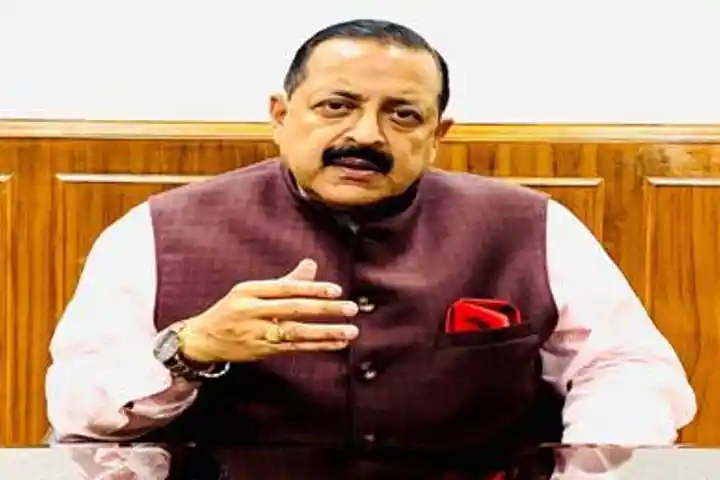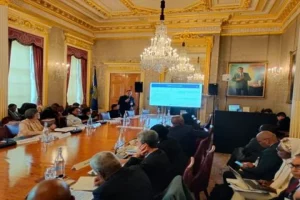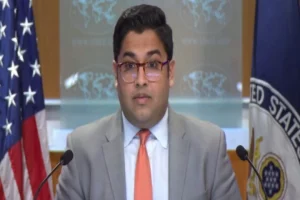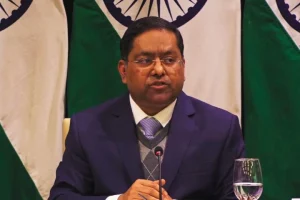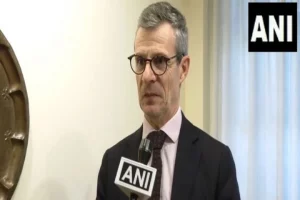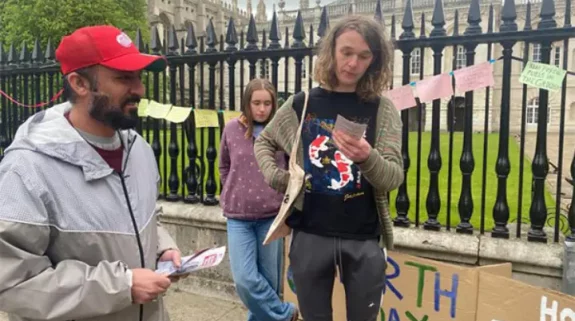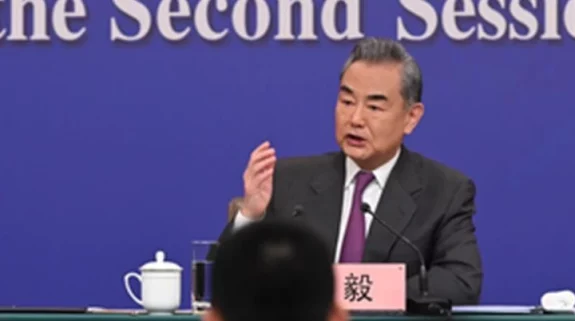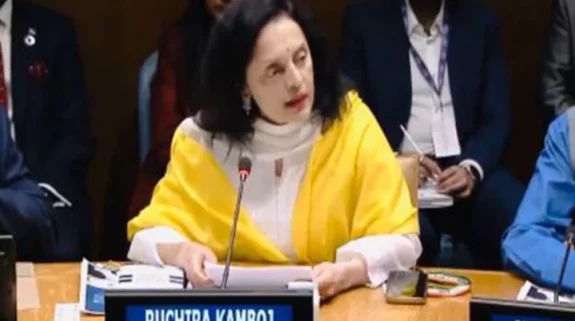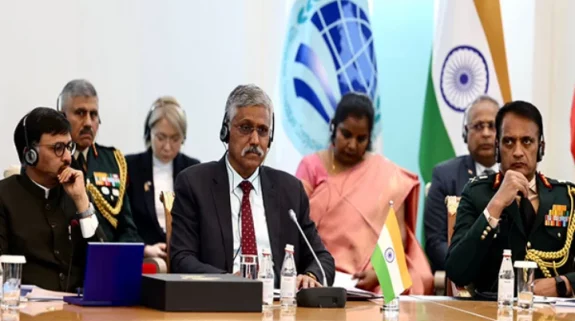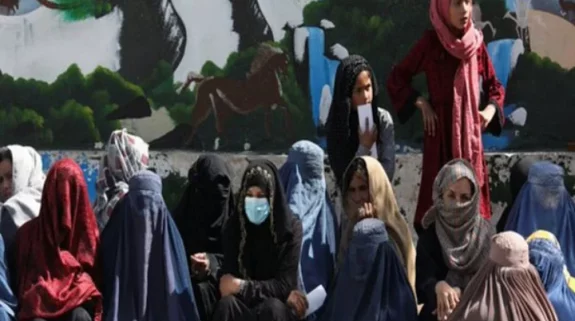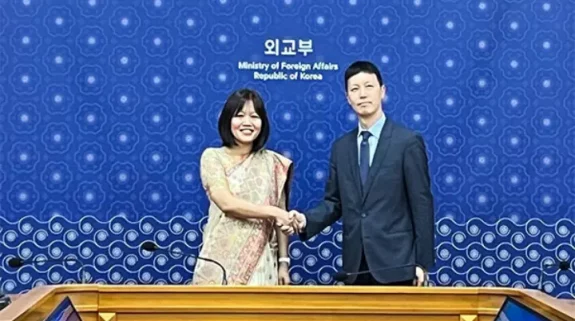Taking forward Prime Minister Narendra Modi’s vision and resolve to handhold the weaker sections of the Indian society with the aim of bringing them at par with others, special efforts are being made in this direction.
One such initiative was announced by the Union Minister of State (Independent Charge) Science & Technology, Dr Jitendra Singh today who said that the Government will be setting up 75 Science Technology and Innovation (STI) Hubs in different parts of the country. These will be exclusively for Scheduled Castes (SCs) and Scheduled Tribes (STs) with the objective of promoting scientific talent while also contributing to the socio-economic well-being of these communities.
Following his high-level meeting with senior officials of the Department of Science and Technology), the Minister informed that in the last two years, 20 STI Hubs (13 for SCs and 7 for STs) had already been established by DST. This will benefit 20,000 SC and ST population through various projects and initiatives in diverse sectors like agriculture, non-agriculture, other allied livelihood sectors and energy, water, health, education, etc.
The STI Hubs are being set up for developing, nurturing and ensuring delivery of appropriate and relevant technologies for inclusive socio-economic development through creation of sustainable livelihoods for the SC and ST population. Besides training and skill development programmes for building technology and innovation, STI Hubs will facilitate improvement in indigenous knowledge systems.
The idea is to take care of the weakest linkages in the livelihood systems through S&T while strengthening livelihood systems and improving indigenous knowledge base.
The CSIR established STI Hub in Ladakh is integrating Information Technology (IT) with health diagnostics and developing the skill of ST youth in IT. Likewise, the SIT Hub in Sidho-Kanho-Birsha University in West Bengal’s Purulia is catering to the needs of ST population belonging to 34 villages in 15 blocks of 7 districts of West Bengal, Jharkhand and Odisha. Their interventions has enabled 2296 persons to have access to clean and safe drinking water and 1410 persons have access to health care facilities and improved nutrition.






